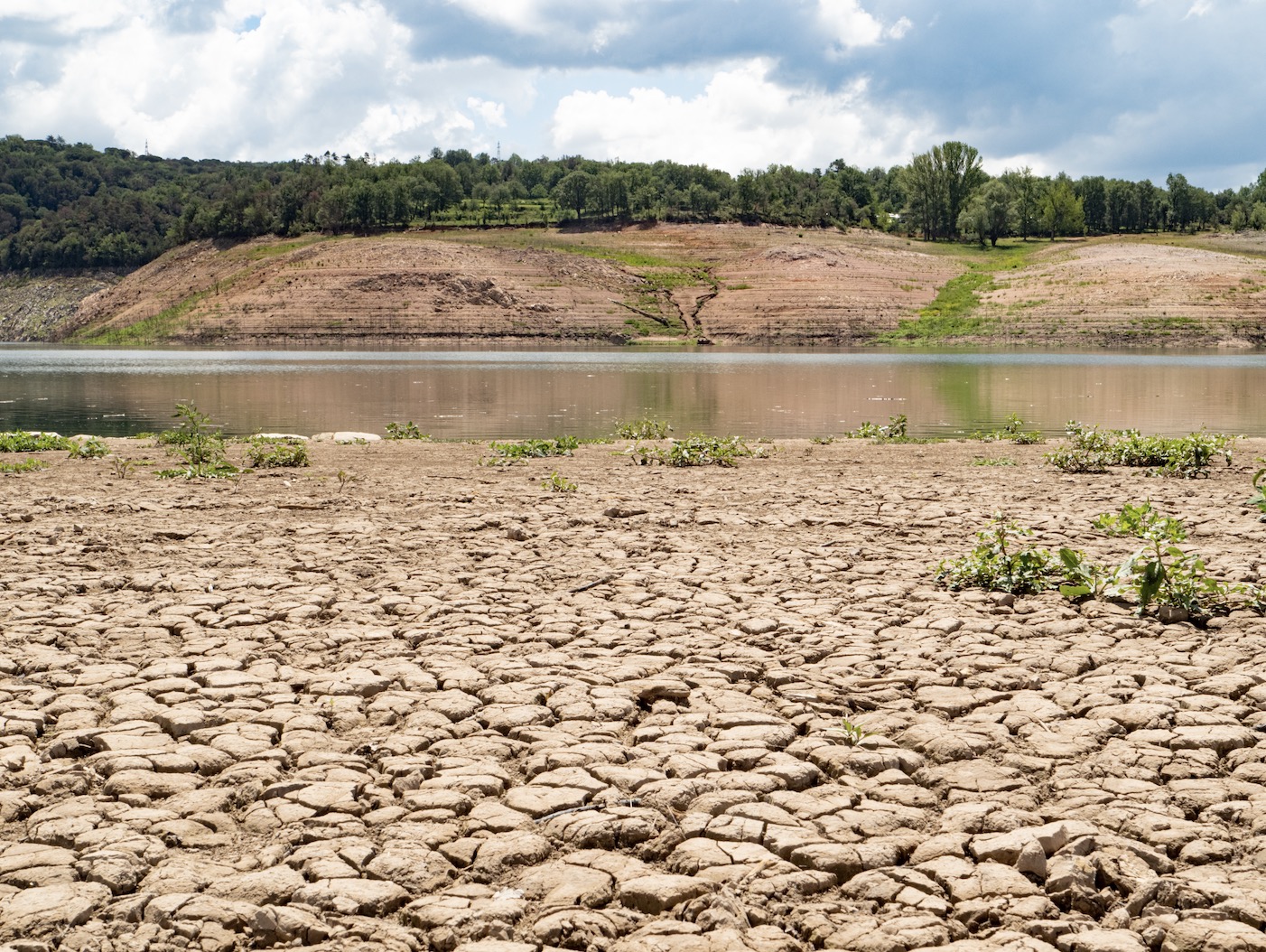Stories can give people problem-solving skills and empathy by presenting complex situations and diverse perspectives that encourage readers to think critically and emotionally connect...
What are the Negative Impacts of Drought on the Economy of South Africa?
Drought negatively impacts South Africa’s economy by reducing agricultural output, leading to higher food prices and lower farm incomes. It also strains water resources, affecting industries like energy production and manufacturing, and can lead to job losses. Additionally, drought can deter investment, hinder economic growth, and escalate costs in sectors reliant on water, such as agriculture and hydroelectric power.
Drought is not just a meteorological phenomenon; it is a significant economic disruptor, especially in a country like South Africa, where large sectors of the economy are heavily dependent on water. The repercussions of drought extend far beyond the mere scarcity of water—they ripple across the economy, affecting numerous industries, livelihoods, and the overall economic stability of the country.
The Agricultural Sector: The Frontline Victim
Agriculture is the backbone of South Africa’s rural economy and employs about 10% of the country’s workforce. During drought conditions, the lack of adequate rainfall leads to reduced agricultural output, which in turn affects food production and prices. For instance, the severe drought from 2014 to 2016 led to a significant drop in crop yields and an increase in food prices. The maize production fell by 30%, which had a ripple effect on the prices of maize products—a staple food in South Africa.
Moreover, drought conditions force farmers to spend more on water supply technologies and irrigation systems, increasing operational costs. Livestock farmers are also hit hard as they need to purchase additional feed and water for their animals, with many losing their livestock due to the harsh conditions.
Solutions?
Drought-Resistant Crop Varieties: By shifting to crops like sorghum and millets, which are naturally more drought-tolerant than traditional crops like maize, South Africa can sustain agricultural output during dry spells. Research from agricultural institutes worldwide supports the higher resilience of these crops under water-stressed conditions.
Advanced Irrigation Systems: Techniques like drip irrigation have shown to reduce water usage by up to 60% compared to traditional methods like flood irrigation. Implementing these systems can maximize water efficiency, ensuring crops receive precise water amounts directly at the root level, thus minimizing waste.
Comprehensive Water Management: Building on successful models from countries like Israel, South Africa can develop integrated water resources management plans that include both grey and green infrastructure to enhance water availability and quality during droughts.
Impact on GDP and Employment
The agricultural setbacks due to drought have a domino effect on South Africa’s GDP. For example, the 2015 drought resulted in an estimated 0.5% reduction in GDP. This is significant, considering that agriculture contributes around 2.5% to South Africa’s GDP. The reduction in agricultural productivity also leads to job losses and reduced income, exacerbating poverty and inequality in rural areas.
Solutions?
Diversification of Energy Sources: To reduce dependency on hydroelectric power and water-cooled coal plants, South Africa needs to diversify its energy portfolio. Expanding renewable energy sources such as solar and wind, which are less water-intensive, can provide more stability.
Investment in Renewable Energy: Encouraging the development of renewable energy through incentives and subsidies can help shift the balance away from traditional, water-dependent energy sources.
Efficiency in Energy Usage: Promoting energy efficiency across all sectors can reduce the overall energy demand, lessening the burden on water-dependent energy systems during droughts.
Energy Production and Economic Stability
South Africa relies heavily on hydroelectric power and the water-intensive coal industry for energy. Drought compromises the efficiency of these power sources by reducing water levels in reservoirs necessary for hydroelectric plants and cooling coal-fired power plants. For instance, lower water availability in the Vaal River system can lead to energy shortages and increased reliance on more expensive and less sustainable energy sources like diesel generators.
Solutions?
Renewable Energy Expansion: Studies by the International Renewable Energy Agency (IRENA) suggest that expanding solar and wind energy capacities can significantly reduce a country’s water footprint for energy production. South Africa can reduce its reliance on water-intensive coal and hydroelectric power by increasing investment in these renewables.
Energy Efficiency Initiatives: Implementing national programs to improve energy efficiency in industrial, commercial, and residential sectors can lower overall electricity demand. This reduces the pressure on the national grid and diminishes the impact when drought affects hydroelectric power availability.
Water Scarcity and Business Operations
Many industries in South Africa, such as mining and manufacturing, are water-intensive. Drought conditions force these industries to cut back on water use, which often means scaling back production. This not only affects the profitability of businesses but also leads to layoffs and reduced economic activity. The textile and beverage industries, particularly, experience significant operational disruptions due to water shortages.
Solutions?
Strengthening Drought Resilience in Economic Planning: Economic policies should incorporate drought resilience, ensuring that sectors vulnerable to water scarcity are prepared and supported to adapt to drought conditions.
Promoting Investment in Drought Adaptation Technologies: The government could offer tax breaks or other incentives to companies investing in technologies and practices that reduce water use or enhance adaptation to drought.
Supporting Community-Based Adaptation Measures: Empowering local communities through education and resources to adopt sustainable water and land management practices can significantly reduce the vulnerability to drought.
Long-term Investment and Economic Growth
The uncertainty and frequent occurrences of drought can deter investment in various economic sectors. Investors generally seek stability and predictability, which are compromised in a drought-stricken region. This reluctance to invest can slow down economic growth and delay improvements in infrastructure, technology, and workforce skills that are crucial for economic development.
Incorporating Drought Resilience into Economic Policies: By integrating drought resilience into economic planning and development strategies, South Africa can prepare its economy to withstand and quickly recover from the impacts of drought.
Incentives for Drought Adaptation Technologies: Offering financial incentives such as tax rebates or grants for companies that invest in drought-resistant technologies can encourage widespread adoption of these innovations.
Community-Based Adaptation Programs: Empowering local communities with the knowledge and tools to implement sustainable water and soil management practices ensures that grassroots solutions contribute to broader drought resilience efforts.
Implementing these specific, evidence-based solutions can significantly enhance South Africa’s ability to manage drought impacts more effectively, thereby safeguarding both its population’s livelihood and its economic stability.
Conclusion
The negative impacts of drought in South Africa are profound and multifaceted, affecting everything from the immediate cost of food and job security in agriculture to long-term economic growth and energy production. Addressing these impacts requires comprehensive water management strategies, investment in drought-resistant technologies, and policies that support sustainable practices across all sectors. By tackling these issues head-on, South Africa can mitigate the economic disruptions caused by drought and secure a more stable economic future.



